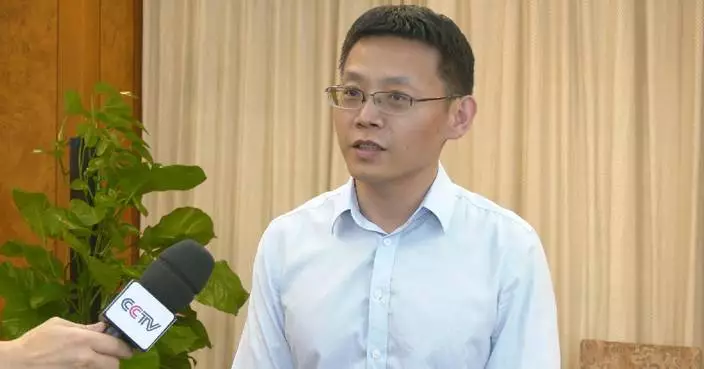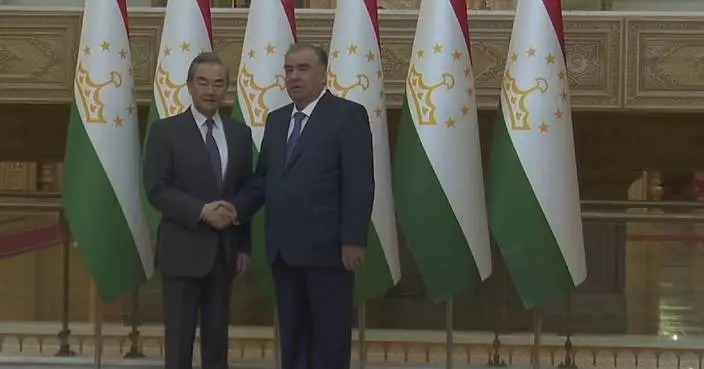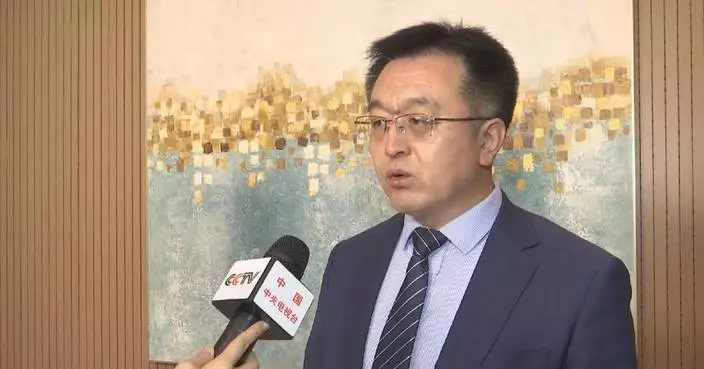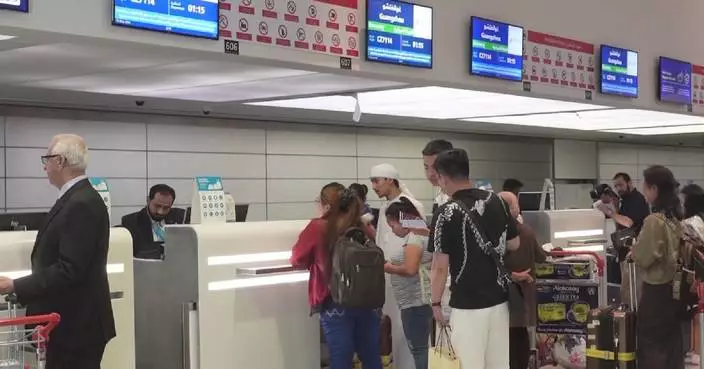Through diplomatic relations that have stood the test of 60 years, China and France continue fueling each other's strides from political agendas, economic development to people-to-people exchanges.
Hidden in plain sight in central China's bustling city of Wuhan lies a relic building of earlier Chinese-French cooperation -- the historic Dazhimen Railway Station, also known as Hankou Station.
The station no longer used is located in Jiang'an District in Wuhan, the capital of Hubei Province. Once Asia's largest when constructed in 1903 with French architectural expertise, it was a symbol of China-French cooperation heralding China's initial steps into the modern era of rail transportation.
The familiarity and intimacy between China and France were furthered 60 years ago.
In 1964, France became the first major Western country to establish formal diplomatic relations with China at the ambassadorial level. Air France was the first European carrier to operate in China. France was, in a sense, a gateway between China and the West.
And it plays a similar role today. France is the first Western country to engage in civil nuclear energy cooperation with China. In an increasingly anti-China West led by the United States, France has been firm in its position.
French President Emmanuel Macron said that "Europe must reduce its dependency on the United States. The great risk Europe faces is that it gets caught up in crises that are not ours. And this prevents it from building its strategic autonomy."
That independence of mind helps keep the China-France relations smooth. France is now China's third-largest trading partner and third-largest source of real investments in the European Union. China is France's largest trading partner outside the European Union. Over 1,000 new French companies grow their business in China every year.
Airbus A320's second final assembly line project in north China's Tianjin City was launched in 2023. In sensitive areas such as chips and high-tech, Europe's second-largest chip maker STMicroelectornics is developing a joint venture in Chongqing in southwest China.
Serge Gachot, Director of Paris Motor Show, said in an interview that to launch investigation into China's electric vehicle export is European Commission's decision, which is contrary to the needs of the majority of consumers.
"That's the European Commission's decision. It's not like there is lobbying from France or French OEMs. It's an independent decision of the European Commission. And I think for the end customer, the more choices innovation offer, the bigger the offer, the better it is for the end consumer, and also probably cheaper. It makes the prices also go down," he said.
Isabelle Hannedouche, Managing Director of Sodexo Greater China, highlights inclusiveness as a shared strength.
"I think there is a lot in common between France and China. We know this year is on top of the 60th anniversary of diplomatic relations. And I think being a French company involved in a food environment, there's even more connection, because we know that this is probably something that China and France have a lot in common, the love of food, and how important it is (in daily life)," she said.

60 years of diplomatic ties deepen China-France collaboration









